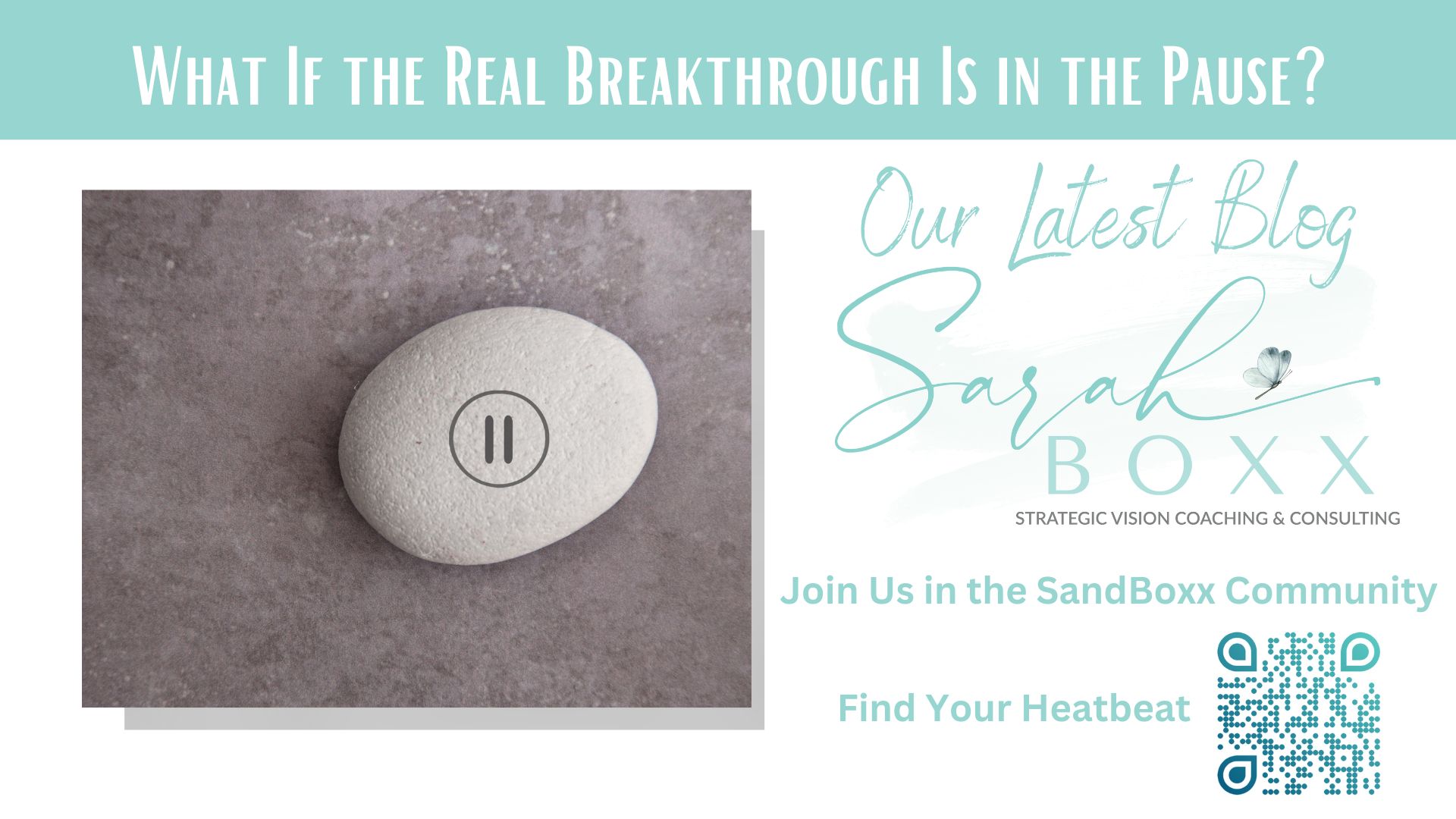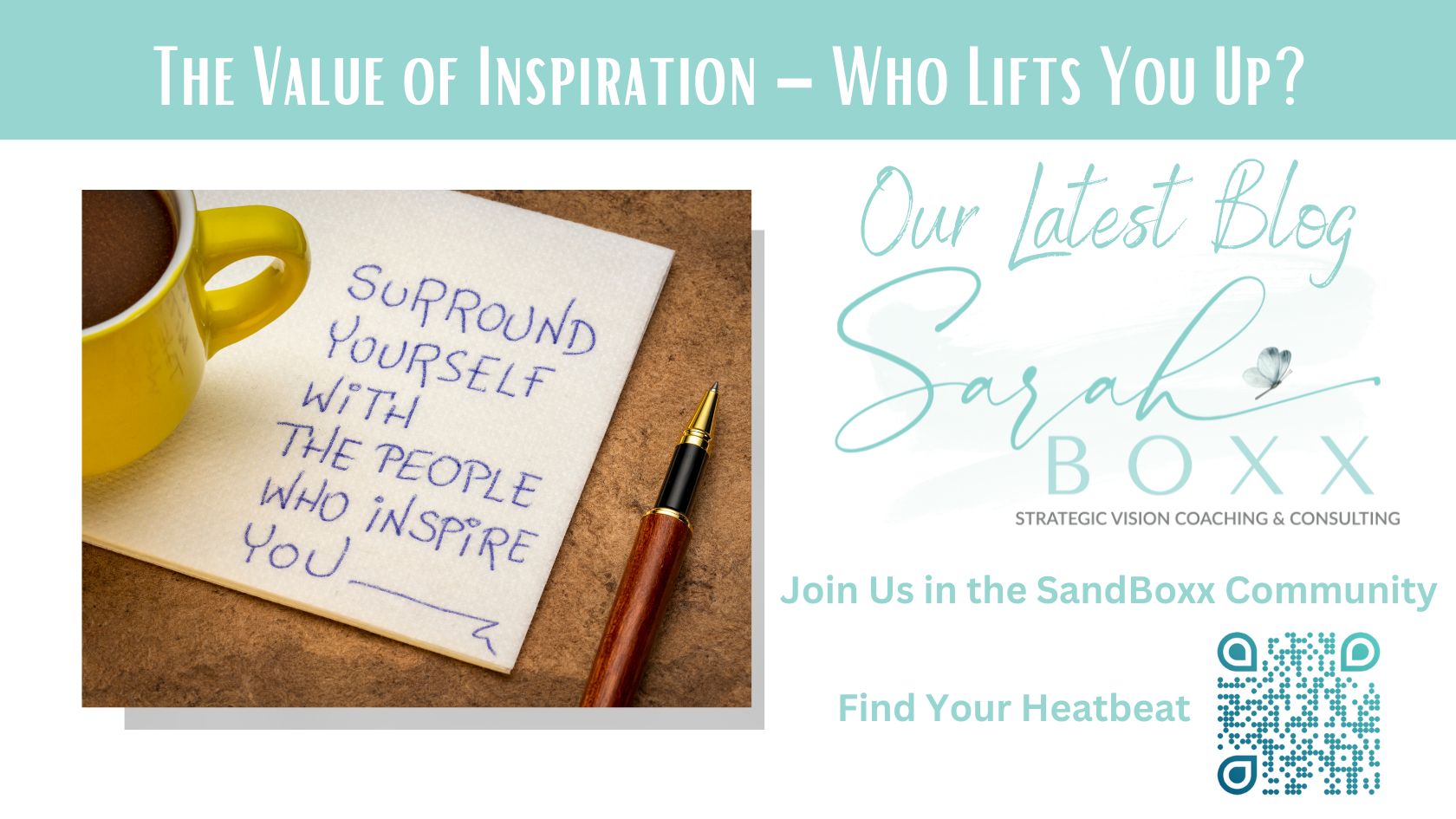When was the last time you set aside a few moments to do something creative? Has it been awhile? Maybe a long while?
Perhaps you’re thinking to yourself, “I’m not the creative type.”
If so, you’re not alone.
There are of course those who have been endowed with a natural ability for the arts. If you are one such individual, I surely hope you put those talents to good use…regularly!
However, if you are like the rest (and dare I say, majority) of us, your only claim to artistic and creative fame were the grade school art projects your mother proudly displayed from the kitchen refrigerator.
Many of us equate “creativity” with being “artistic.”
In other words, if I am going to spend my time being “creative,” then I better be able to produce a museum-worthy painting by the end of it…right?
What if I told you that creativity isn’t reserved for the naturally artsy folk?
What if creativity is something that can and should belong to all of us?
If you Google the definition of “creativity” you’ll find many different and varied interpretations. As it turns out, many people throughout the world have had a lot to say on the subject. Here are a few that grabbed my attention:
Creativity is:
- “Tapping into your soul and your intuition and allowing them to guide what you make.”
– Bernadette Jiwa - One part inspiration, one part motivation.”
– Ann Handley
- “Just making something. It might be something crummy or awkward…if you make something, you are creative.”
– Sonia Simone
- “Expressing your ideas in a full-contact, full-color way. It is using as many senses as possible to express an idea.”
– Pam Slim
Notice, not one of these definitions mentions having an art degree or a profession in the visual, written, or performing arts space. They don’t even require having substantial artistic skill of any kind.
Creativity is simply a matter of giving yourself space to have ideas, reflect, and restore.
In other words, creativity is for everyone!
I would go a step further and argue that creativity is not only accessible for all people but essential for a healthy, well-balanced life.
Looking for ways to add more creativity into your life? Here are a few quick and simple ideas to get you started:
- Doodle during meetings
Doodling isn’t just for bored elementary school students. According to Harvard Health, doodling has cognitive benefits such as improved memory, increased focus, and stress relief.
- 5 minute reflection – writing prompts
Make this easy practice part of your morning or evening routine. These writing prompts invite you to reflect on your own life and experiences and think about things in a new way.
- Buy an adult coloring book
If you haven’t taken advantage of adult color books, now is the time. These books were intended to be a fun, meditative and relaxing way for adults to slow down and tune into the present moment. If you are looking for one to try, I’ve created an adult coloring book specifically designed to give you a positivity boost while you take a few minutes to tune into yourself. - Utilize a walking journal
Have ten minutes for a daily walk? Grab a small journal and hit the road. Moving your body is a great way to clear the mind. As you walk, use this time to record notes and observations, or to write down thoughts that pop into your head as you move.
If you haven’t been making time for leisurely and creative activities, now is the time to start! Choose one of the ideas listed above and give it a try!
If you are looking for support in finding ways to focus your mind and be more intentional with your time, CLICK HERE to sign up for my 5-day challenge group!
RESOURCES:
https://www.health.harvard.edu/blog/the-thinking-benefits-of-doodling-2016121510844
Article was contributed by: Maria Lees, Team Writer with Sarah Boxx




